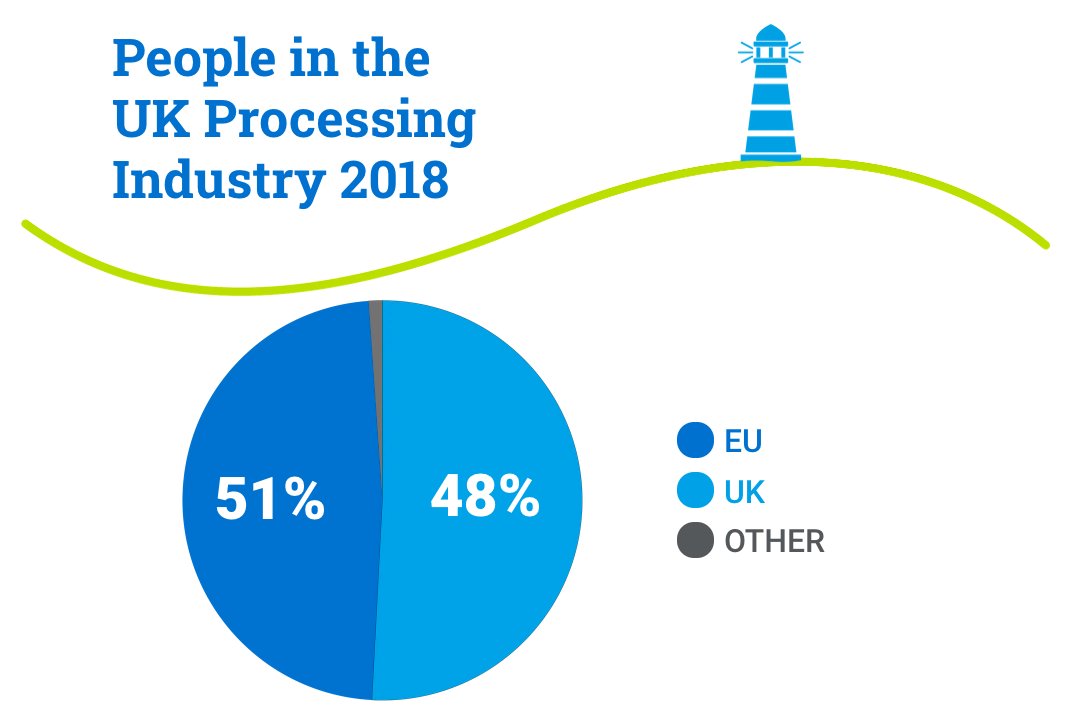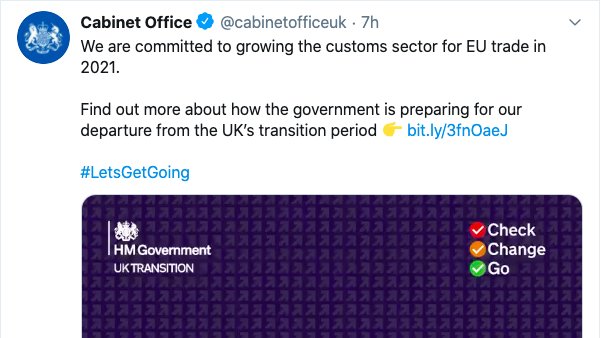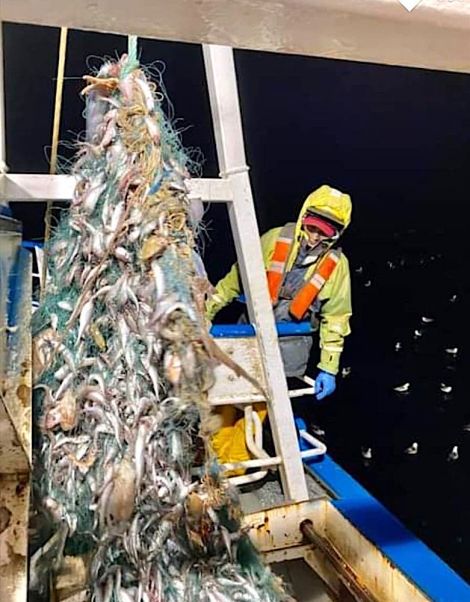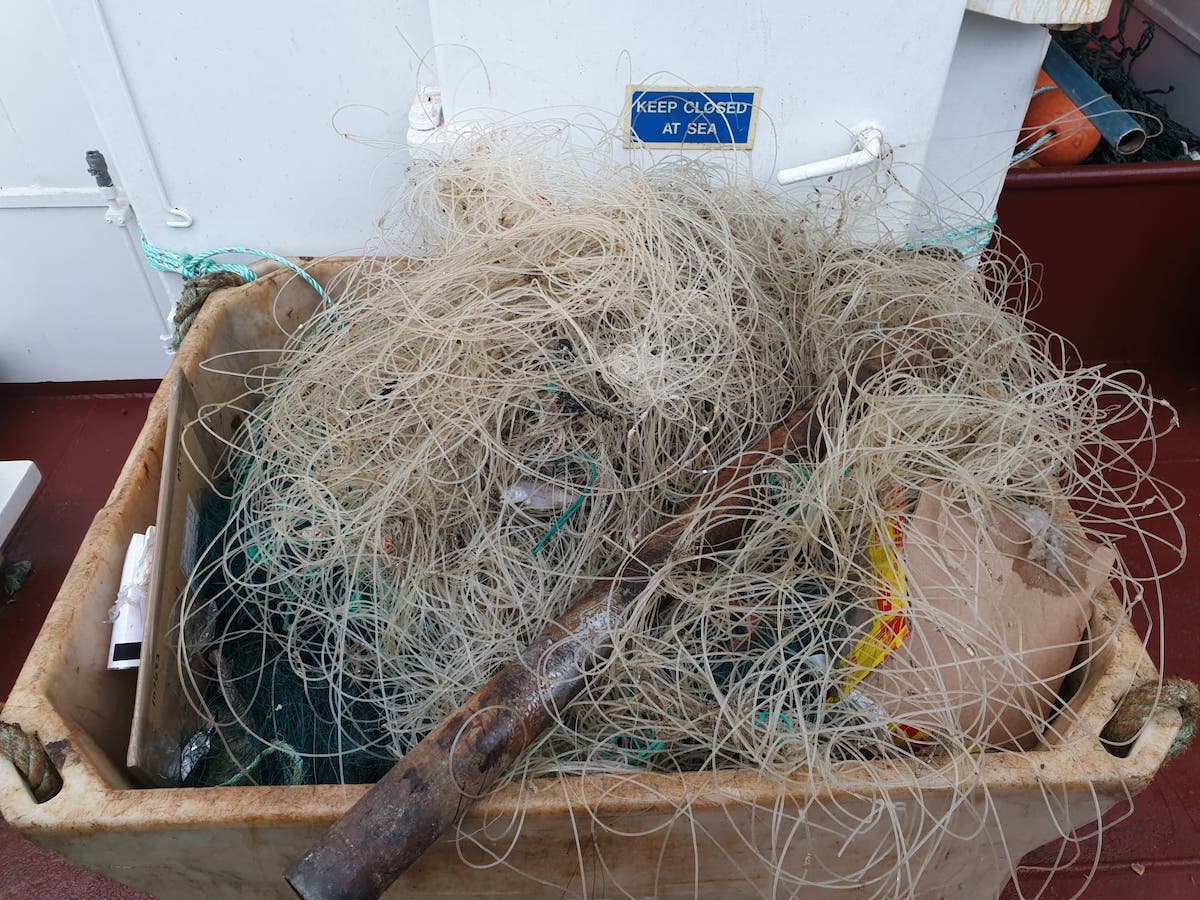Welcome to Through the Gaps, the UK fishing industry's most comprehensive information and image resource. Newlyn is England's largest fish market and where over 50 species are regularly landed from handline, trawl, net, ring net and pot vessels including #MSC Certified #Hake, #Cornish Sardine, handlined bass, pollack and mackerel. Art work, graphics and digital fishing industry images available from stock or on commission.
Monday 31 August 2020
Unseasonal end to summer in Newlyn.
Sunday 30 August 2020
Brexit discussion: Fresh mackerel, a fish that needs to move quickly.



Friday 28 August 2020
Royal Society of Marine Artists Annual Exhibition 2020

The common theme is the sea and tidal waters although, within that remit, work is wide and varied. Subjects range from deep water shipping to coastal scenes, competitive sailing to quiet harbours, marine wildlife to still-life.
Some specialise in carefully researched historical paintings; others paint en plein air, thereby embracing the significant challenge and thrill of capturing the visceral essence of the scene at a given moment in time; yet others work in their studio from copious notes and sketches made on location.
The Royal Society of Marine Artists (RSMA) is widely recognised as the focal point for much of Britain's finest contemporary marine art and many of the country's leading marine artists are elected members of the Society.
The exhibition will be available to view online from 1 September.
Prizewinners will be announced online on Wednesday 30 September, 5pm.
Want to receive free entry to the exhibition for you and a guest, plus more?
Keep up to date with what's going on at Mall Galleries by signing up to receive our e-newsletter.
Open 11am to 5pm
Open until 7pm on Thursdays - 1 & 8 October
30 September 2020 to 10 October 2020
In all three gallery spaces Booking will be required - watch this space for updates.
Admission £5, Free to Friends of Mall Galleries and those under 25 years of age
If you could consider making a donation to help us through this period of closure, any amount would be greatly appreciated.
Discarded fishing gear a growing problem

A discarded gill net hauled up by a local trawler and taken ashore for disposal. LOCAL fishermen have again raised concerns about the amount of rubbish such as discarded gear they come across when fishing the waters around Shetland.
They say they constantly haul up stripped back gill nets and large quantities of long lines, bundled up and thrown over board allegedly by European fishing vessels.
A Scottish vessel finding a gill net in their catch a few days ago. The issue is not new but appears to have become worse over recent months around Shetland.
Shetland Fishermen’s Association (SFA) said discarded nets not only pose a navigational hazard, but they also pollute the seas with plastic, damage marine life and undermine the reputation of the local industry when pictures of beaches littered with rubbish making the rounds.
One local fisherman who preferred not to be named told Shetland News: “It is well known fact that when these [EU] vessels land their catches, they never take ashore any rubbish.”
A number of photos taken by crew on various vessels illustrate the extent of the problem.
The fisherman added: “The lorries which come from Spain to fetch their catch always load large bails of new gill netting, but none is ever taken ashore for discard.
“No authority seem to check whether or not these vessels have any rubbish to land ashore when they come to port. A vessel with 15-20 men at sea for two to three weeks will be generating a lot of rubbish. We constantly find Spanish food wrappers on the seabed.

All fishing ports in Scotland provide skips for fishermen to get rid of their domestic waste, and most ports are also participating in the Fishing for Litter initiative which encourages fishing crew to take ashore any rubbish they haul up in their nets.
The number of Spanish and French owned gill netters operating mainly to the west of Scotland as far north as Shetland is a constant source of dispute, and occasional confrontation, as large areas of sea are covered by gill nets.
They usually land at Scrabster, Kinlochbervie or Lochinver from where their catch is taken by truck to southern Europe.
SFA executive officer Simon Collins said they have been discussing their concern with government agencies such as Marine Scotland and the Maritime and Coastguard Agency (MCA).
He said one part of the solution will be to limit the amount of gill netters allowed to fish in UK waters, and that is something Marine Scotland is in the process of working out proposals for when the Brexit transition period has come to an end next year.
Collins added: “It is a growing problem around Shetland simply because of the increased presence of these vessels.
“One particular thing that might help is the idea of marking nets so that you know where is comes from when found discarded. The issue is to find a technical way of doing that.
“There is also a reputational issue for us. The whole fishing industry gets contaminated with this, because fishing gear look like fishing gear to a passer-by or a casual tourist, whereas local fishermen are proud of doing their bit in tidying up the mess others leave behind.”
By Hans J Marter 28 August 2020
Wednesday 26 August 2020
Sardine man Dan braves out storm Francis for a three ton shot of the finest Cornish sardines.
It's all smiles as young Mr Hicks begins the task of brailing the Golden Harvest's catch ashore...
into the 400kg tubs...
dripping with slush-ice seawater...
a sure sign of the fine quality fish...
as skipper Dan checks to see if the size run of fish meets his high standards......
another brail...
and another...
more ice is added...
to keep these stunning fish in the best condition before the next part of their journey from net to BBQ and plate...
then it is time to wash down the deck...
before heading back to a berth for the night...
with Dan at the helm.
Sunday 23 August 2020
You can help the Home and Dry campaign!
Safety at Sea The Fishing Industry Safety Group are carrying out research about safety on commercial fishing vessels. We have been running a publicity campaign Home and Dry and it's important we understand how effective it has been.
Saturday 22 August 2020
Abandon ship! Follow the procedures you have practised.
Friday 21 August 2020
Plenty of fish for Newlyn this #FishyFriday.
Storm Ellen sees the local fleet and a couple of visiting boats like the Our Pamela Jill...
and the Unity tied up for the second day running...
this mornings market supplied with good trips from the St Georges...
which went up on the slip last night...
for essential maintenance...
and the Twilight III...
two of the Nowell fleet stayed clear of Penzance wet dock, their normal base...
while the early morning sun picked out the fresh paint job on the Harriet Eve...
along with the rest of the fleet...
many of which will be hoping to get away when the weather moderates as per the Shipping Forecast - though the netters will be a day or two yet until the big spring tide is has passed.
Thursday 20 August 2020
Fishing vessel owners asked to share impacts of Covid-19 in annual fleet survey
Seafish, the public body that supports the £10bn UK seafood industry, will contact all owners of UK registered vessels to invite them to complete the annual socio-economic survey. The UK fleet survey asks questions about the financial and operational performance of fishing businesses. Questions on the impact of Covid-19 are a major part of the survey this year. There will also be an opportunity for vessel owners to say how effective government support measures have been for their businesses.
The fleet survey is usually undertaken by a team of researchers visiting hundreds of ports and harbours across the UK. Due to Covid-19 and challenges with travel and physical distancing, a different approach is being taken this year. Vessel owners will be posted a pack containing the survey form and guidance on how to complete it. Survey forms can be completed and returned freepost to Seafish or alternatively they can be done online or over the phone. The fleet survey research team can be contacted for queries or support with completing the survey. All responses are treated as confidential, with no figures from any individual vessel revealed in any outputs.
The results are shared with the industry and with government. They help policy makers better understand the challenges and opportunities facing the UK fishing fleet and the impact of fisheries management measures. In recent months, data from last year’s survey was used by the UK Government and the devolved administrations when designing targeted Covid-19 support packages for the fishing industry. While governments decided on what support should be offered, it was survey data from vessel owners which helped ensure that the most up to date costs of operating a fishing business could be taken into account.
Kirsten Milliken, Economics Project Manager at Seafish said:
“About 70% of the fishermen we meet in ports take part in our survey. Unfortunately this year our researchers aren’t able to meet vessel owners in person so we’re inviting them to complete the survey another way. It should only take 15 minutes to complete and our researchers will be available by phone or video chat to help if requested. Vessel owners can also arrange an in-depth discussion with our researchers if they want to tell us more about how their business is being affected by current challenges and their expectations for the future.
“The fleet survey is our opportunity to take the pulse of the UK’s fishing fleet and hear directly from vessel owners about how their businesses are faring. All owners know the challenges that they have faced in the last few volatile months and are currently wrestling with, but it’s only by collecting this vital information from all types of fishing businesses that we can provide comprehensive analysis to inform both government and the industry.”
Dale Rodmell, Assistant Chief Executive of the National Federation of Fishermen’s Organisations (NFFO), has called on vessel owners to complete the survey saying:
“The way Seafish will be conducting the fleet survey this year has had to change, but the need for us all to have the most up-to-date and accurate picture of the UK fishing fleet has not. I encourage all vessel owners to engage with Seafish to complete the survey in whatever way suits them best to ensure that we all have access to this vital data on how fishing businesses across the country are faring through Covid-19 and other challenges.”
Owners who take part in the fleet survey can also request a free benchmark report. This compares their vessel’s performance to other similar vessels and can help identify areas where improvements can be made. They can also be used as evidence in grant or loan applications. Vessel owners who requested a benchmark report after taking part in last year’s survey should receive it very soon. Survey packs will be making their way to all UK vessel owners from 21 August. Completed survey forms should be returned to Seafish by 30 September.
The survey results allow Seafish to put together a picture of the economic performance of the UK’s fishing fleet and the social impacts on the coastal communities it supports. Every individual response adds extra insight and accuracy to the picture of the industry as it navigates the current pandemic and prepares for the UK leaving the Common Fisheries Policy.
The Economics of the UK Fishing Fleet report for 2019 – which is based on last year’s survey results as well as landings data - will be published soon. A provisional dataset has already been released. It showed that fishing revenues for the UK fleet totalled £980 million in 2019, a decrease from £1,025 million in 2018. The total weight of landings fell by 12%, with the average price per tonne landed increasing by 8%. While the cost of fuel throughout 2019 was lower than the peak prices seen in October 2018, it remained relatively stable as a proportion of total income (14% in 2018 and 13% in 2019).
For further information or support with completing the survey form contact fleet.survey@seafish.co.uk or 07876 035 759.
Fishing lives, women and art.
The same tragic, ‘waiting woman’ is also a recurring image in Verhaeren’s poems. He wrote passionately of the doomed fishing communities who had once eked out a living among the dunes of the unforgiving Belgian coast. Here, in an extract from the poem ‘Le Péril’ (1907), the women wait anxiously for the return of the fishing boat after a storm:⠀ ⠀⠀
"… Yet nevertheless the tiny lights⠀still keep watch from the cottages;⠀ scattered amongst the dark enclosures like breadcrumbs of hope.⠀ ⠀⠀
And the women, beneath their mourning capes⠀ fists at their mouths,⠀ are still there, silent and iron-willed,⠀gazing into the darkness."⠀
Many Newlyn School Artists also featured women waiting for the return of loved ones as subjects...
Sometimes, as in Walter Langley's epic 'Waiting for the boats' there were many expectant faces...
or his 'Reverie' featuring just one young face looking out of the window over the Mounts Bay...

or Langley's "Never morning wore to evening"
or when the news is the worst, 'Never morning wore to evening but some heart did break'"...
not forgetting, "The Breadwinners". Penlee Gallery has a permanent collection of Langley's and other Newlyn School artists and is well worth a visit as there are also several always changing curations on display throughout they year.
Wednesday 19 August 2020
Langouste Rose landed only for the second time in Newlyn..
Not where you want your yacht to end up in a strong sou'westerly blow - the one person aboard was helped ashore by coastguard volunteers during the night...
visiting stern trawler KCJ Rose from Brixham...
local inshore trawlers take on fuel and wait for the weather to moderate...
visiting Brixham scalloper Our Pamela Jill...
it's a pretty grey day in Newlyn this morning...
though that won't stop the boys on the Govenek of Ladram from mending a tier or two of nets...
charismatic traditional art of the signwriter...
between showers...
luckily the weather has been fine up to now and allowed the St Ives lugger Barnabas to have her hull painted above and below the waterline...
for the first time in Newlyn a three day trip of Langouste Rose or Palinurus Mauritanicus was landed by the Joy of Ladram...
with only the very biggest of the hauls being retained on board for Karl...
and the South West Shellfish company...
each box carefully weighed...
and covered with a damp sack for transport, these differ significantly in colour compared to the native crawfish or Langouste Rouge
they were once fished in huge quantities by French boats mainly from the ports of Douarnenez and Camaret off the coast of Mauritania - if you get the chance, a visit to the Musée de Peche at Douarnenez is well worth the visit...
this is the first time a UK boat has targeted them...
as they are caught in deep water on the edge of the Continental Shelf well over 200 miles south west of Newlyn...














































